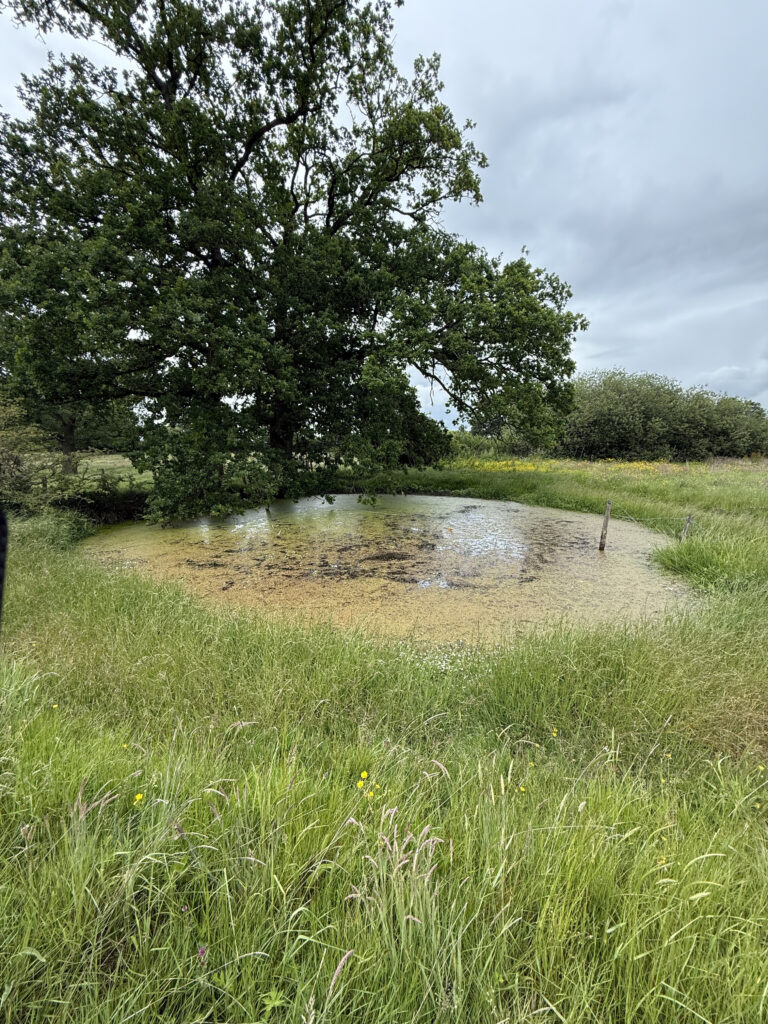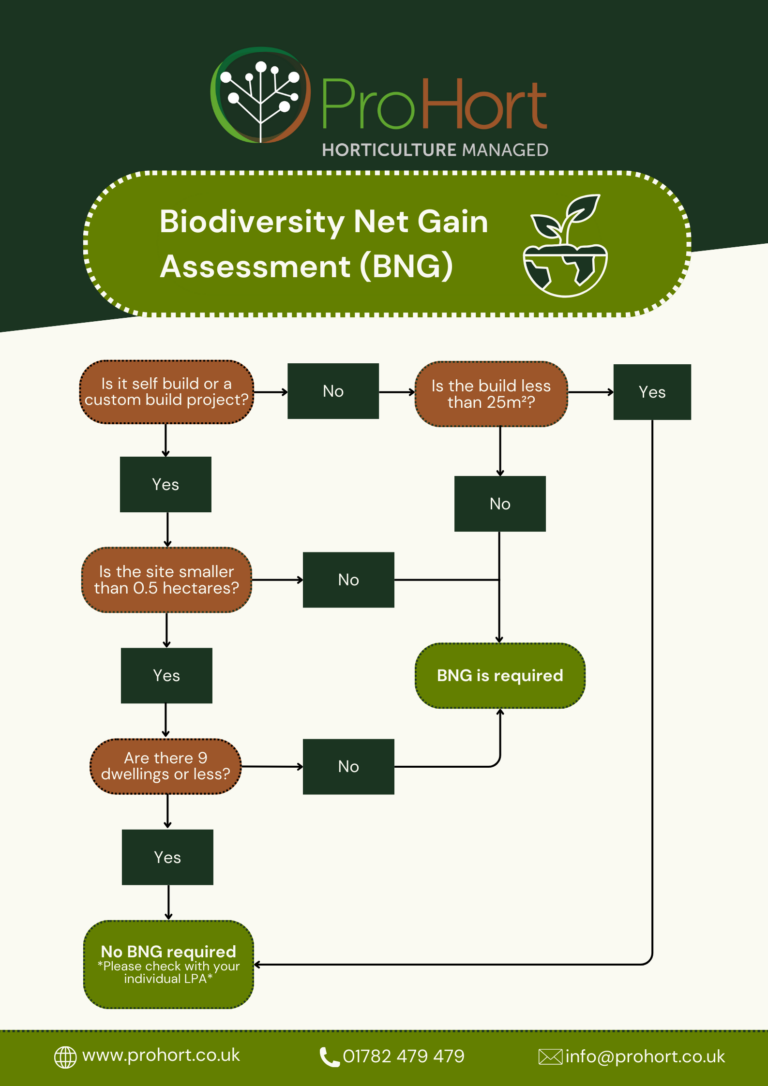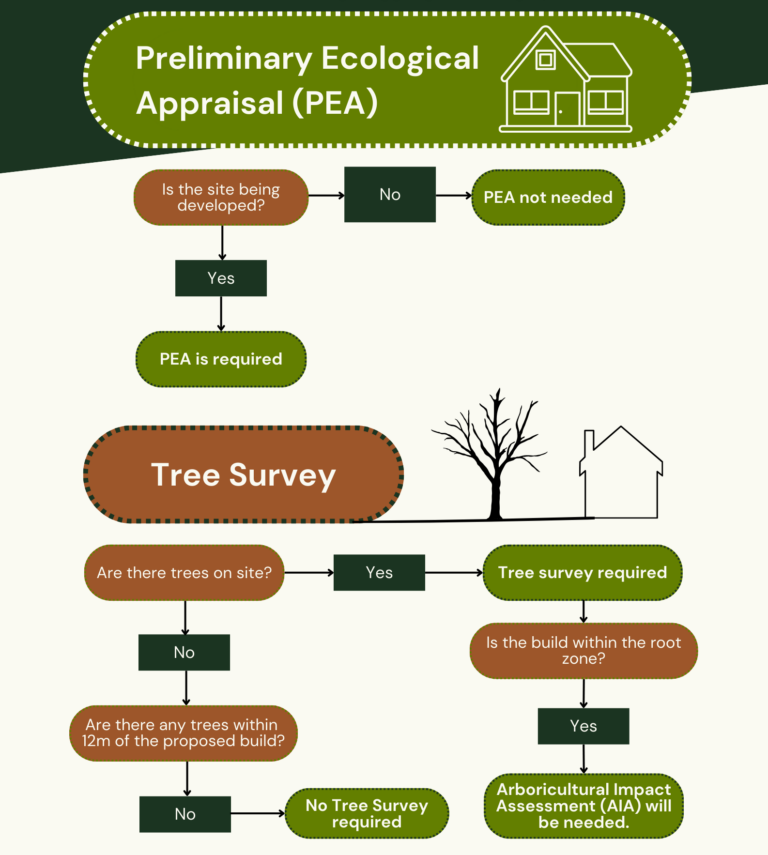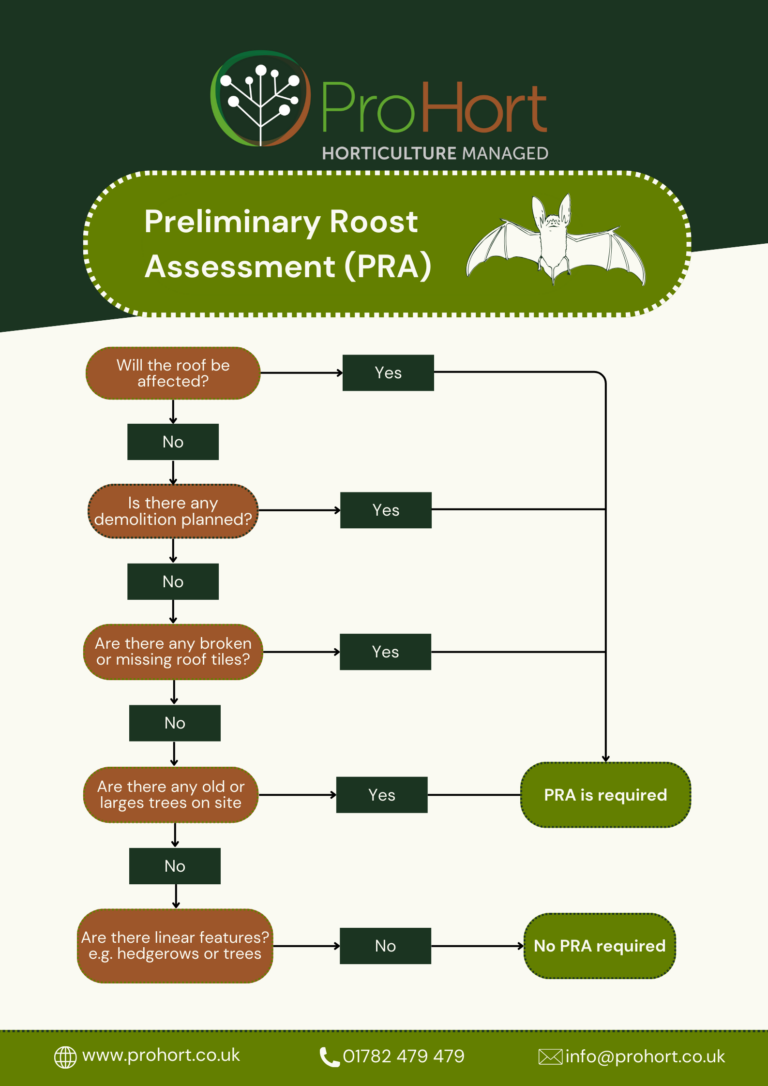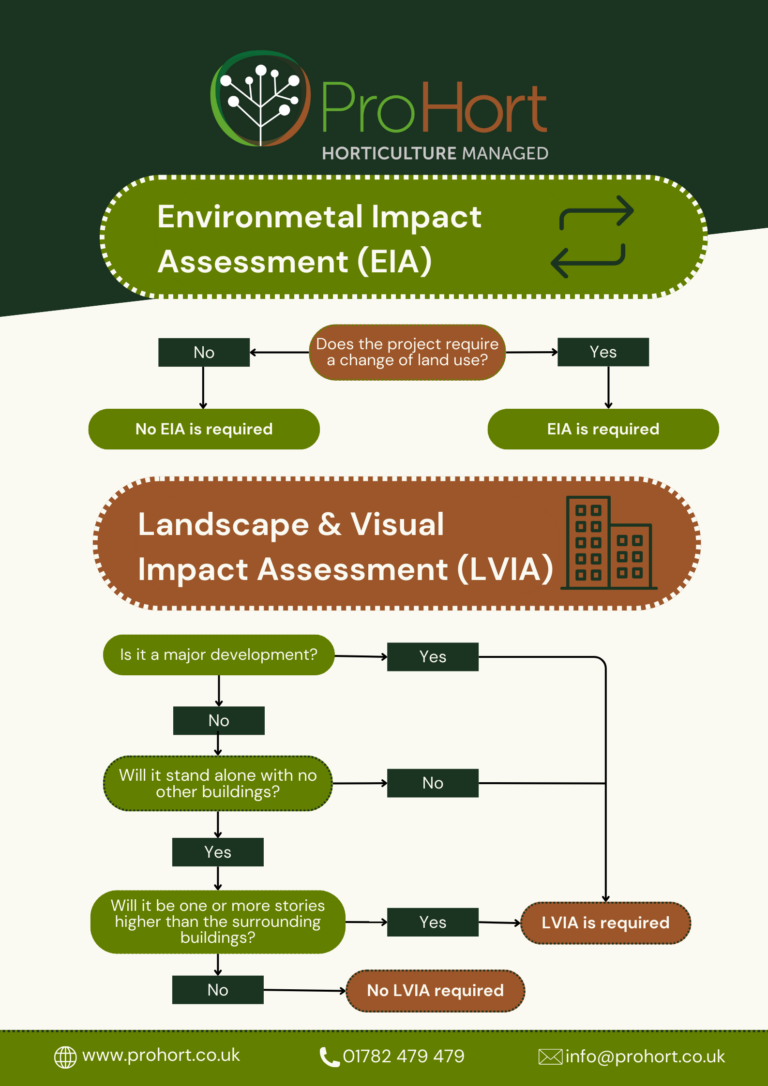eDNA Testing in Staffordshire
What is eDNA testing in Staffordshire? Environmental DNA (eDNA) testing the method used to detect genetic material from organisms in their surroundings, e.g. water, soil or air. This is a less invasive way of testing as instead of directly capturing or observing species, researchers analyse traces of DNA that are shed through skin, scales, faeces, or bodily fluids.
This technique is widely used in biodiversity monitoring, conservation, and for detecting invasive or endangered species. eDNA testing in Staffordshire is particularly valuable in aquatic environments, where traditional survey methods can be time-consuming and disruptive. It also allows for early detection of species that might otherwise go unnoticed.
eDNA Testing in Staffordshire for Great Crested Newts
The great crested newt (Triturus cristatus) is an ecologically significant species that is protected under UK legislation. Therefore, developers and planners must carefully consider their presence when undertaking projects that could impact their habitats. Environmental DNA – eDNA testing in Staffordshire for Great Crested Newts is highly effective, non-invasive method for detection of Great Crested Newts in aquatic environments.
eDNA-based testing is nationally recognised as an approved methodology for ecological impact assessments in the planning sector. Our approach enables efficient, accurate, and cost-effective monitoring, reducing the need for extensive field surveys while ensuring compliance with environmental regulations.
Great Crested Newt Season:
In the UK the great crested newt eDNA testing period runs from mid-April to the end of June. This timeframe aligns with the species’ breeding season when they are most active in ponds, ensuring the highest accuracy in detecting their presence through eDNA analysis.
Do you Require eDNA Testing in Staffordshire?
If you require eDNA testing in Staffordshire for great crested newts we can help. Get in touch to discuss your project or ask for our expert advice. All of our ecological reports ensure compliance with environmental regulations. Contact us via phone or email, for more information.
